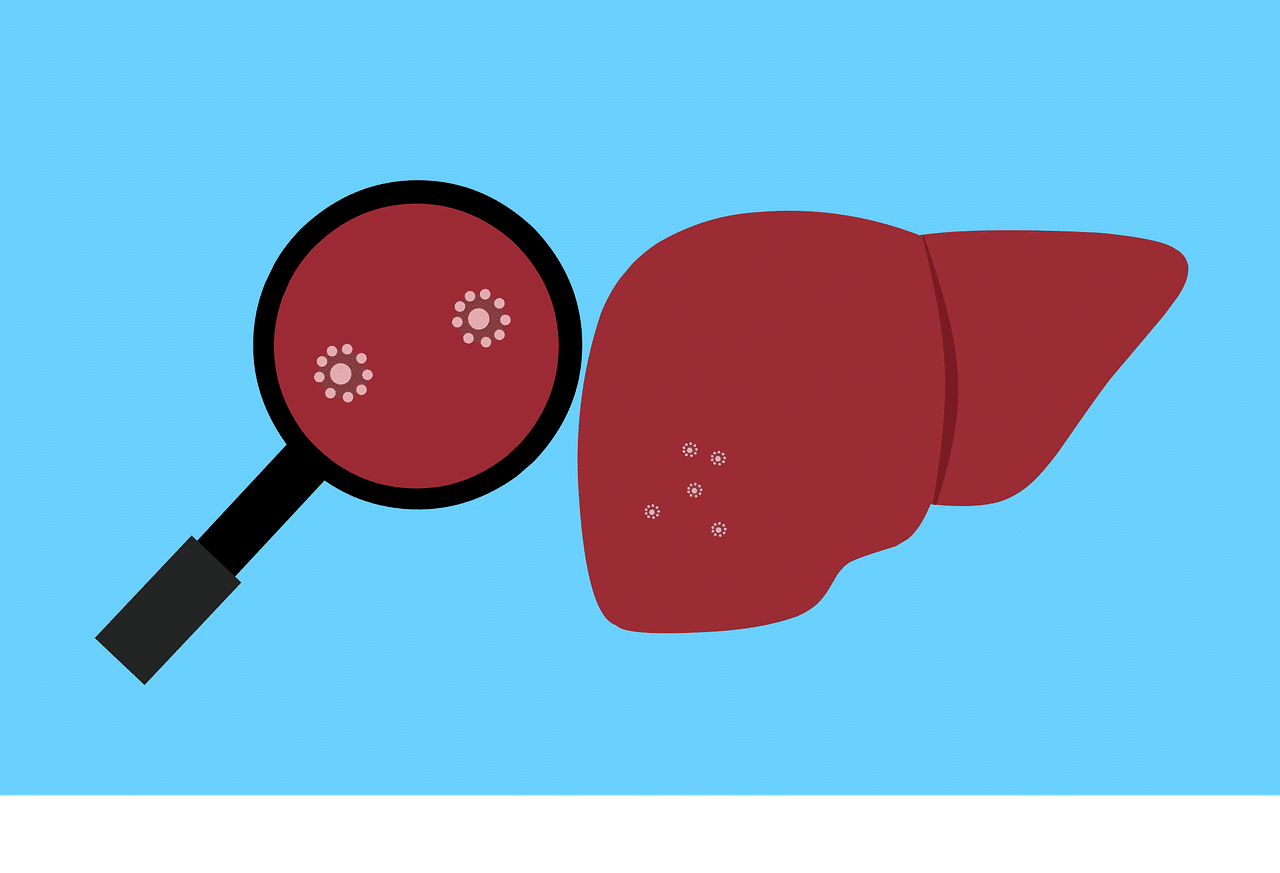Recently, a new study led by Prof. Predrag Mitrovic from the University of Belgrade School of Medicine looks at the aftercare procedures and potential complications in people who have had a heart attack.
More specifically, the researchers looked at the role music can possibly play in controlling post-heart attack stress and cut down the risk of developing further complications.
Currently, heart disease is the leading cause of death worldwide. According to the World Health Organization, heart-related conditions are the cause of over seventeen million deaths around the world.
Furthermore, the statistics from the Centre for Disease Control and Prevention show that one in four deaths in the United States is caused by heart disease which means one person loses their lives to a heart condition every thirty-seven seconds.
The most common form of heart disease which typically leads to a heart attack and eventually death in the US is coronary artery disease. Statistically, CAD was responsible for around 365,914 in the year 2017.
Moreover, around seventeen million people aged twenty and over are living with coronary artery disease in the US.
RELATED: Walking May Help In Managing Blood Pressure Levels
Heart attacks are the common consequence of coronary artery disease as well as many other heart-related conditions. The United States is estimated to have a heart attack case every forty seconds.
There are 805,000 cases of heart attack reported every year with 605,000 being of people who have had a heart attack for the first time and 200,000 of patients who have had one previously as well.
While there is ongoing research for prevention of heart attack along with awareness initiatives for people who are at high risk, it is actually those who have already had a heart attack who have increased chances of having one again in comparison.
According to the American Heart Association, the treatment of the patient who has experienced a heart attack depends on the cause and overall health.
While some patients are able to recover using conventional medication and making fundamental lifestyle changes, others may still be at very high risk for post-heart attack complications.
One of the biggest causes of post-heart attack complications can be high-stress levels among other factors. Patients who have severe post-attack problems are typically observed to have anxiety and troubles with psychological health.
Therefore, health experts always suggest engaging in a calming and relaxing activity for all patients with heart-related conditions.
The new study, whose findings will be shown at American College of Cardiology’s 69th Annual Scientific Session & Expo, which is planned to stat on March 28, 2020, looks at how listening to music can be helpful in avoiding post-heart attack complications.
Prof. Mitrovic commented on the findings of the study, saying “There have been very few studies analyzing the effects of music on heart conditions.”
He adds “Based on our findings, we believe music therapy can help all patients after a heart attack, not only patients with early postinfarction angina. It’s also very easy and inexpensive to implement.”
The team, led by Mitrovic reached this conclusion after looking at 350 patients who have had a heart attack and experienced postinfarction angina or post-heart attack pain in the chest.
These participants were divided into two groups. One received conventional treatment while the other also listened to relaxing music of choice for thirty minutes on a daily basis.
The researchers did regular follow-ups for three months during the first year of study and per six months in the next six years. The total duration of the study was almost seven years.
After the study period, the researchers discovered that participants who listened to music reported having less painful sensations, distress related to pain, and anxiety levels in comparison with participants who received usual treatment only.
While these findings are positive, the researchers state that further investigation is required and that they hope to look at the effects of music on heart health in more detail in the future.


